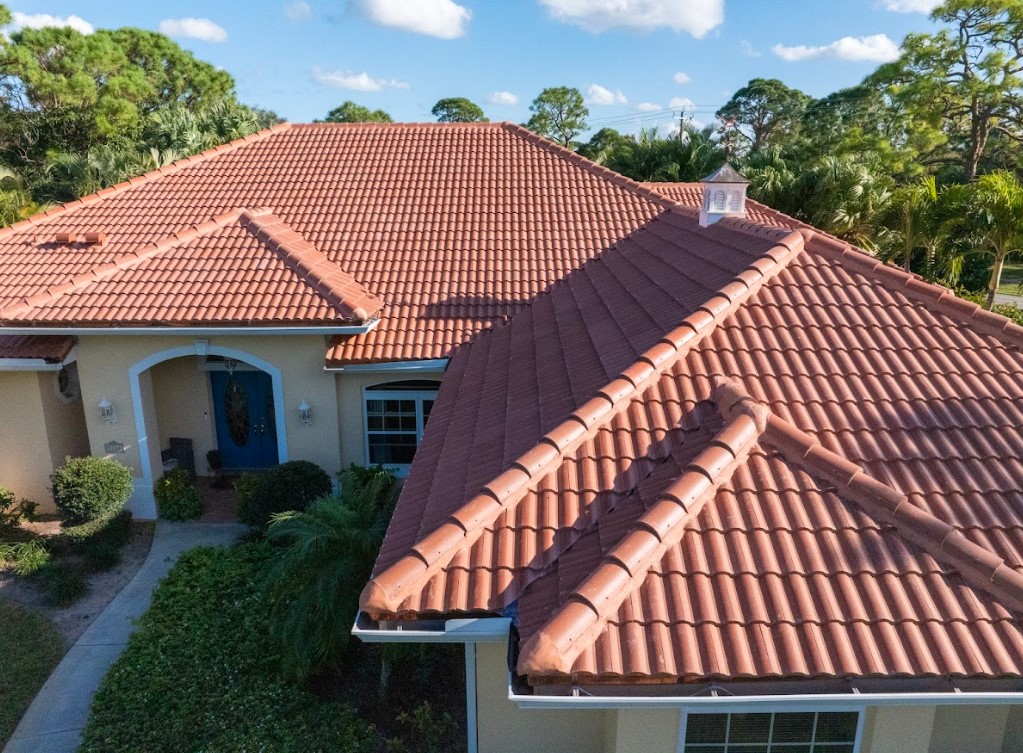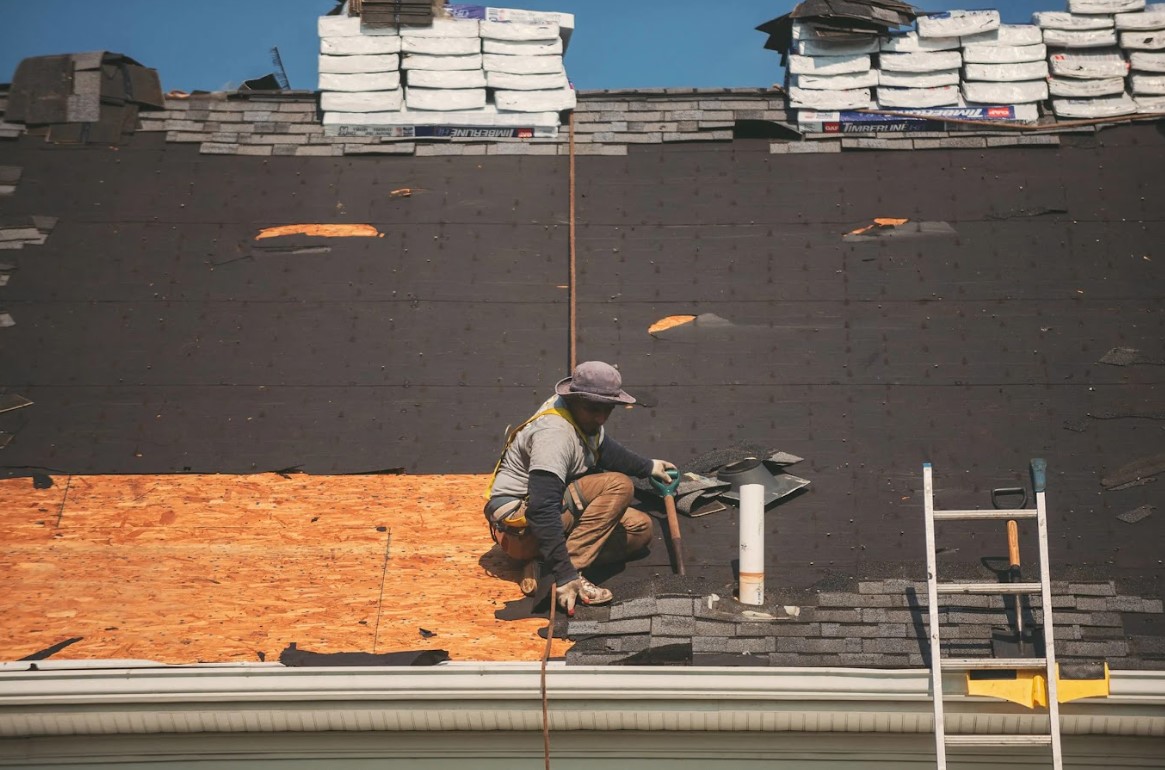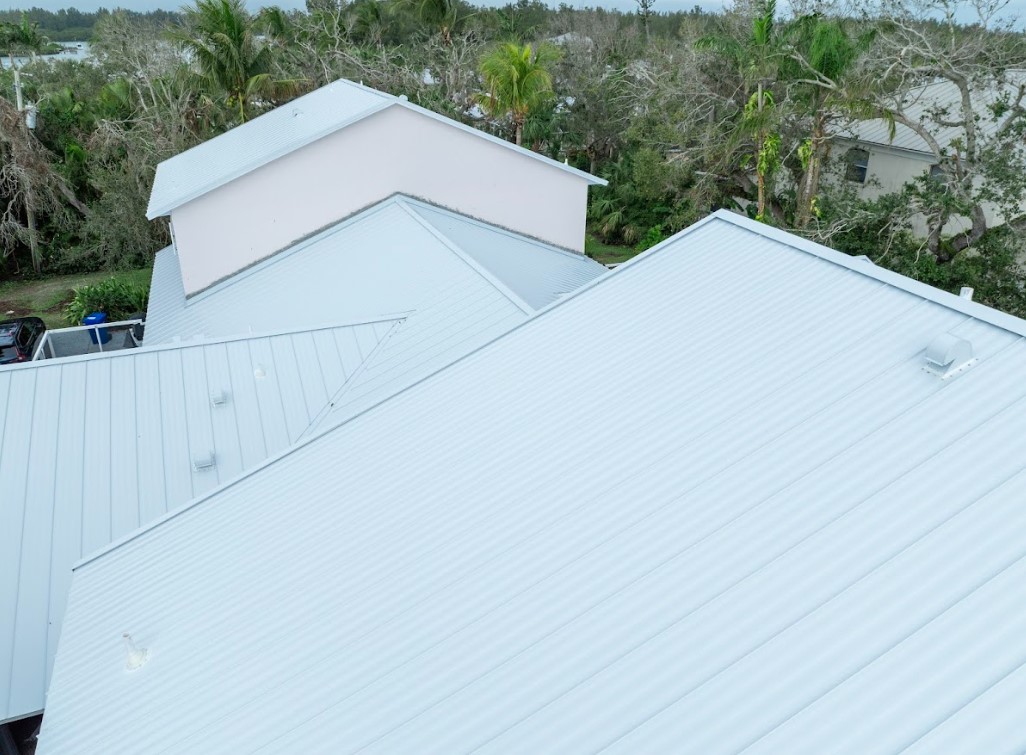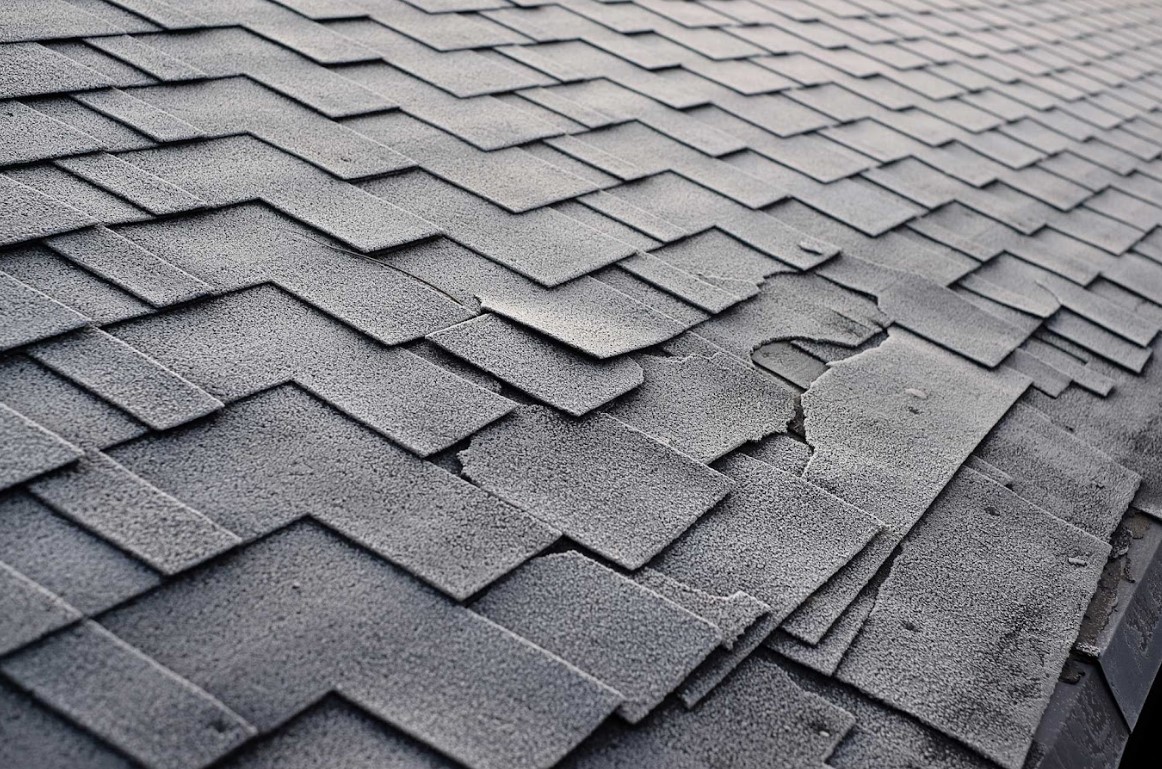Does Insurance Cover Roof Replacement in Florida? A Comprehensive Guide
August 12, 2025
•
Written By
My Florida Roofing Contractor

Does Insurance Cover Roof Replacement in Florida? A Comprehensive Guide
Living in Florida, your roof does more than protect against rain; it shields your family from relentless sun, tropical storms, and hurricane-force winds. So when damage happens, it’s natural to wonder: Does insurance cover roof replacement in Florida?
The short answer: yes, but it depends on your roof’s age, the type of damage, and your policy details. Most homeowner policies cover storm-related events like wind, hail, or falling trees, but they don’t cover normal wear and tear.
In this guide, we’ll walk side-by-side with you through the essentials, so you can make decisions with confidence:
- The types of roof damage insurance usually covers in Florida
- How roof age and materials affect coverage and premiums
- Florida’s 25% rule and building code updates that shape replacement requirements
- Steps you can take to file a claim and avoid frustrating denials
At My Florida Roofing Contractor, we believe peace of mind starts with honest answers. Let’s go through what every Florida homeowner should know.
Request a free estimate today and let your neighborhood roofer help protect your home.
Breaking Down Roof Insurance Coverage in Florida
When neighbors ask us does insurance cover roof in Florida, we explain that most policies pay for roof repairs or replacement if the damage comes from a “covered peril.” Common examples include:
- Wind and hurricanes: high winds tearing shingles or causing structural issues
- Hail: dents, cracks, or punctures that lead to leaks
- Fire or lightning: often fully covered events
- Falling objects: such as a branch, damaging your roof during a storm
Where insurance stops: damage caused by age, neglect, or lack of maintenance. If your shingles are simply old and curling, that isn’t something insurance will cover.
Florida’s tough climate makes this important; roofs here age faster under heat, salt air, and storms. That’s why insurers look closely at your roof’s age and condition before approving claims.
Important Factors to Consider Before Filing a Claim
Before you call your insurance company, think about these key factors.
Roof Age
How old is your roof?
Roofs under 15 years usually qualify for replacement coverage. Older than 20? Many insurers only pay actual cash value.
Roof Material
What type of roof do you have?
Metal and tile often qualify for lower premiums because of their strength. Asphalt shingles cost less upfront but wear faster here.
Roof Shape
Does your roof stand up well to storms?
Hip roofs handle wind better than gable roofs, which may affect your coverage.
Florida Codes
Does your home meet today’s standards?
If your roof predates 2009, Florida’s 25% rule may require a full replacement if damage is widespread.
Deductible vs. Cost
Will filing help?
If repairs cost about the same as your deductible, filing might not make financial sense.
By thinking through these points, you’ll be ready for a smoother claims process.
How Roof Age and Material Affect Coverage in Florida
Newer Roofs Bring More Protection
Insurance companies see newer roofs as safer investments. If your roof is under 10 years old, you’ll likely see lower premiums and stronger coverage.
Older Roofs Often Mean Limited Coverage
For roofs 20 years and older, insurers may only cover the depreciated value. That means less money toward a full replacement, leaving you to cover the difference.
Materials Make a Difference
The type of material is going to affect your insurance coverage:
- Metal roofing: Long-lasting, wind-resistant, and often favored by insurers.
- Tile roofing (clay or concrete): Strong in storms, but expensive to replace.
- Asphalt shingles: Affordable but shorter-lived under Florida sun and storms.
- Cedar: Beautiful and natural, but requires extra upkeep and may cost more to insure.
Knowing where your roof stands helps you plan ahead and avoid surprises.
Filing a Roof Insurance Claim in Florida
If your roof takes storm damage, here’s how to stay on track:
- Document Right Away: Take photos and video of all visible damage and note the date of the storm.
- Call Your Insurer Quickly: Provide your policy number and the damage details.
- Be Present for the Adjuster: Walk with them, point out damage, and ask questions.
- Get Independent Estimates: Having a trusted roofer’s estimate can help secure a fair payout.
- Keep Records: Save copies of emails, letters, and notes from phone calls.
Being organized and proactive gives you the best chance at fair coverage.
Florida’s Roof Replacement Rules You Need to Know
The 25% Rule: Then and Now
For years, Florida’s Building Code required a full roof replacement if more than 25% of a roof section was repaired or replaced within a 12-month period.
The 2022 Update (SB 4-D)
The law was revised in 2022 to ease this burden:
- If your roof was built, repaired, or replaced with a permit issued on or after March 1, 2009, only the damaged portion needs to be repaired, even if more than 25% is affected.
- If your roof was built before March 1, 2009 (or wasn’t properly permitted), the old 25% full replacement rule may still apply.
The 2025 Insurance Law Updates
Separate from the building code, Florida insurance law now includes additional protections for homeowners:
- Roofs under 15 years old: Insurers cannot cancel or refuse coverage based solely on roof age.
- Roofs 15 years or older: Insurers must allow an inspection. If the roof has at least five years of remaining useful life, coverage cannot be denied.
- Claims: Filing now requires stronger documentation, often including professional inspection reports and photos.
What This Means for Homeowners
Together, these changes protect homeowners from unnecessary full replacements and dropped coverage, but they also mean insurers and building officials will closely examine permits, roof age, and inspection results before approving repairs or claims.
Roof Insurance in Florida at a Glance
Here’s a quick way to think about your options:
- Insurance does cover the roof in Florida for storm-related damage like wind, hail, fire, and falling objects.
- It doesn’t cover age, normal wear, or neglect.
- Roof age and material matter; younger, stronger roofs earn better coverage.
- Florida law impacts claims, newer roofs may only need partial repairs, while older roofs can trigger full replacements.
Schedule your free estimate today and let Vero Beach’s most reliable roofing contractor guide you through the process.
Does Insurance Cover Roof in Florida FAQs
Does Insurance Cover Roof Replacement After a Hurricane in Florida?
Yes, most policies cover hurricane damage. In some areas, separate windstorm coverage may be required.
Does Insurance Cover Roof Leaks in Florida?
Yes, if the leak is caused by a covered event, like hail or wind. Leaks from age or poor maintenance are not covered.
Does Insurance Cover Roof Replacement on a 20-Year-Old Roof in Florida?
Coverage may be limited to the roof’s actual cash value. An inspection may be required for renewal.
Does Insurance Cover Tile Roof Damage in Florida?
Yes. If damaged by a covered peril, tile roofs are included, though replacement costs can be higher.
Does Insurance Cover Metal Roof Replacement in Florida?
Yes. Metal roofing damaged by wind, hail, or fire is usually covered, and insurers often prefer its durability.
Protect Your Home With Your Neighborhood Roofer
Insurance can feel complicated, but you don’t have to face it alone. With Florida’s changing codes and strict policies, having the right contractor by your side makes all the difference.
At My Florida Roofing Contractor, we’ve been helping Vero Beach homeowners for over 20 years. We’re licensed, certified, and committed to being transparent and accountable, backing every project with strong warranties and exceptional service.
Don’t wait until storm season leaves you scrambling. Request your free estimate today and let your neighborhood roofer safeguard your home with confidence.
Recent Articles

Residential Roofing
Long-Term Roofing Payment Plans in Melbourne Beach: What to Expect
Learn how long-term roofing payment plans in Melbourne Beach work, including same-as-cash and low-interest options that help protect your home without financial stress.
December 26, 2025

Residential Roofing
West Melbourne Roof Replacement: Is Winter the Right Time?
Learn whether winter is the right time for a West Melbourne roof replacement and how cooler weather can improve installation, scheduling, and long-term protection.
December 22, 2025

Commercial Roofing
Cape Canaveral Businesses: The Energy Savings of Commercial Metal Roofing
Learn how commercial metal roofing helps Cape Canaveral businesses lower energy costs, improve comfort, and protect buildings with long-term durability.
December 18, 2025

Residential Roofing
Micco Roofing Guide: How Cooler Weather Affects Florida Roofs
Learn how cooler weather affects Florida roofs, what warning signs to watch for, and how Micco homeowners can protect their homes before storm season returns.
December 12, 2025
